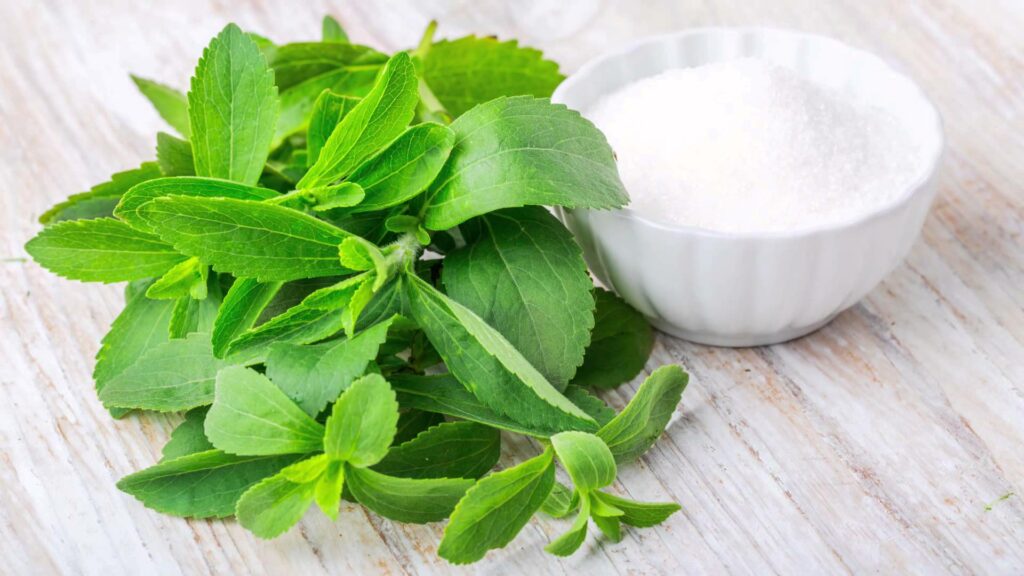Stevia and Splenda are two popular artificial sweeteners that are commonly used as sugar substitutes. They offer a way to add sweetness to food and beverages without the added calories and potential health risks associated with regular sugar consumption. However, there are some key differences between Stevia and Splenda, including their origin, taste, safety profile, and potential side effects. In this comprehensive guide, we will explore these differences and help you understand which sweetener might be the right choice for you.
Origin and Composition:
Stevia is a natural sweetener derived from the leaves of the Stevia rebaudiana plant, which is native to South America. The sweetness in Stevia comes from a group of compounds called steviol glycosides, primarily stevioside and rebaudioside A. These compounds are much sweeter than sugar, with stevioside being about 200-300 times sweeter and rebaudioside A being even sweeter, up to 400 times.
Splenda, on the other hand, is a brand name for the artificial sweetener sucralose. Unlike Stevia, sucralose is not derived from a plant source but is synthesized through a chemical process. Sucralose is made by modifying the structure of natural sugar molecules by replacing three hydrogen-oxygen groups with chlorine atoms. This modification makes sucralose extremely sweet, approximately 600 times sweeter than sugar.
Taste:
- One of the most important factors when choosing a sweetener is the taste. Stevia and Splenda have distinct flavor profiles that can affect your preference and the final taste of your food or drink.
- Stevia has a unique taste that can be described as sweet with a slightly bitter or licorice-like aftertaste. Some people find this aftertaste undesirable, while others have grown accustomed to it. It’s worth noting that the bitterness varies between different brands and types of Stevia products. Some manufacturers have developed refined versions of Stevia with reduced bitterness.
- Splenda, on the other hand, closely mimics the taste of sugar and is often regarded as having a more sucrose-like flavor. It does not have the same bitter aftertaste as Stevia. Many people find that Splenda provides a more satisfying and familiar sweetness, especially in baked goods and beverages.
Safety Profile:
The safety of artificial sweeteners is a topic of ongoing debate and research. Both Stevia and Splenda have been approved for use by regulatory authorities such as the U.S. Food and Drug Administration (FDA) and the European Food Safety Authority (EFSA). However, it’s important to consider the available scientific evidence and individual sensitivities.
Stevia has a long history of use in South America and Japan, where it has been consumed for centuries. Extensive research has been conducted on its safety, and current evidence suggests that Stevia is generally considered safe for consumption. The World Health Organization (WHO) and FDA have established an acceptable daily intake (ADI) for steviol glycosides, ensuring they are consumed within safe limits

